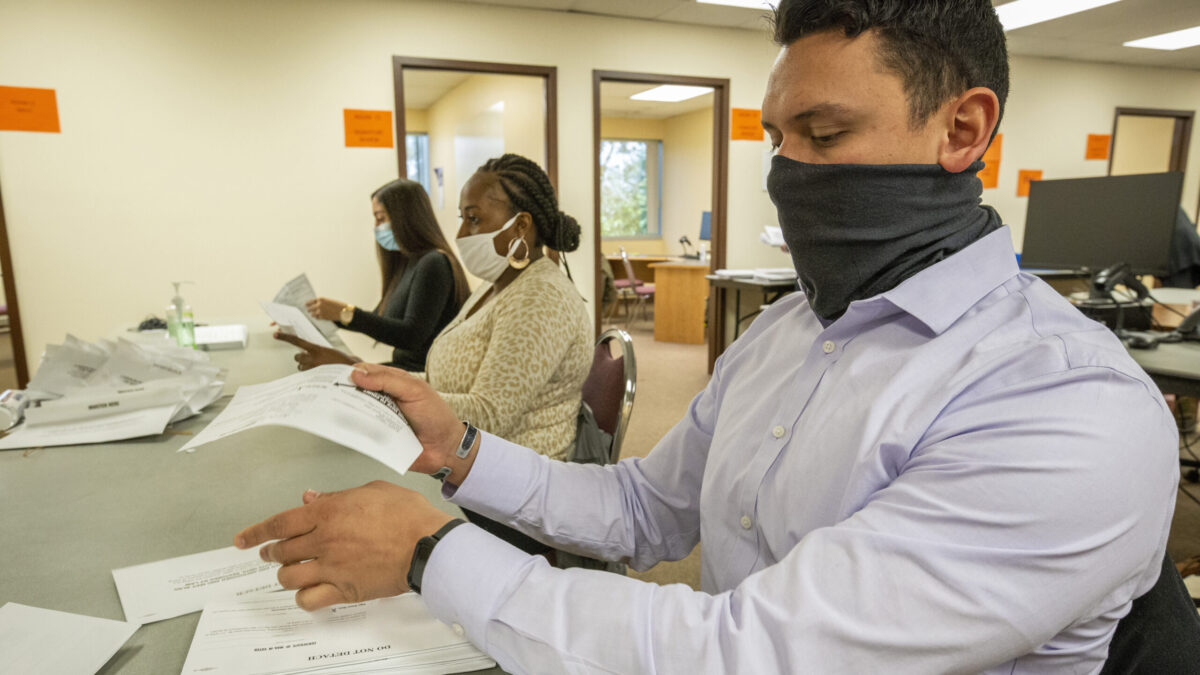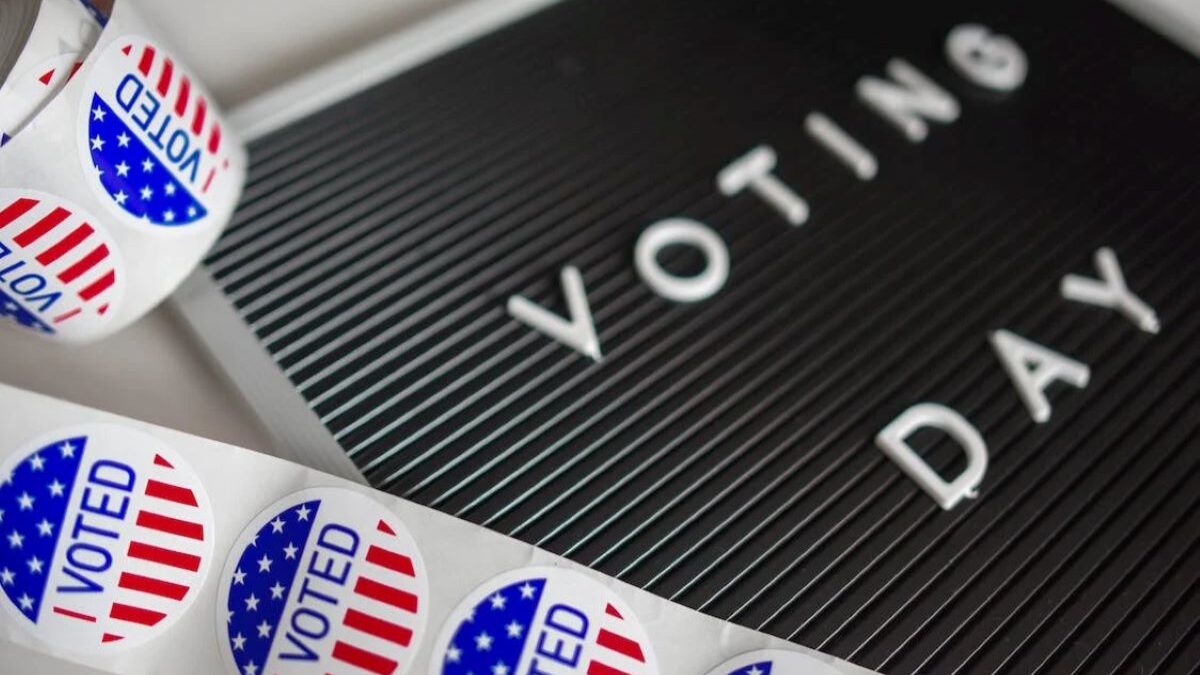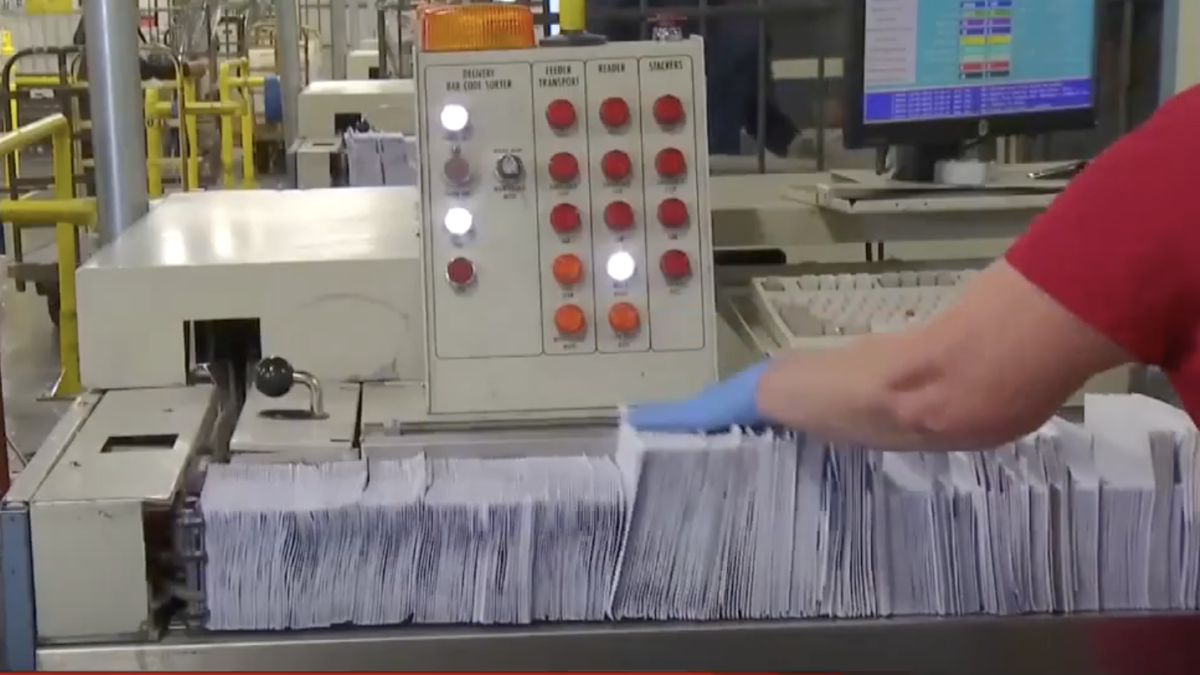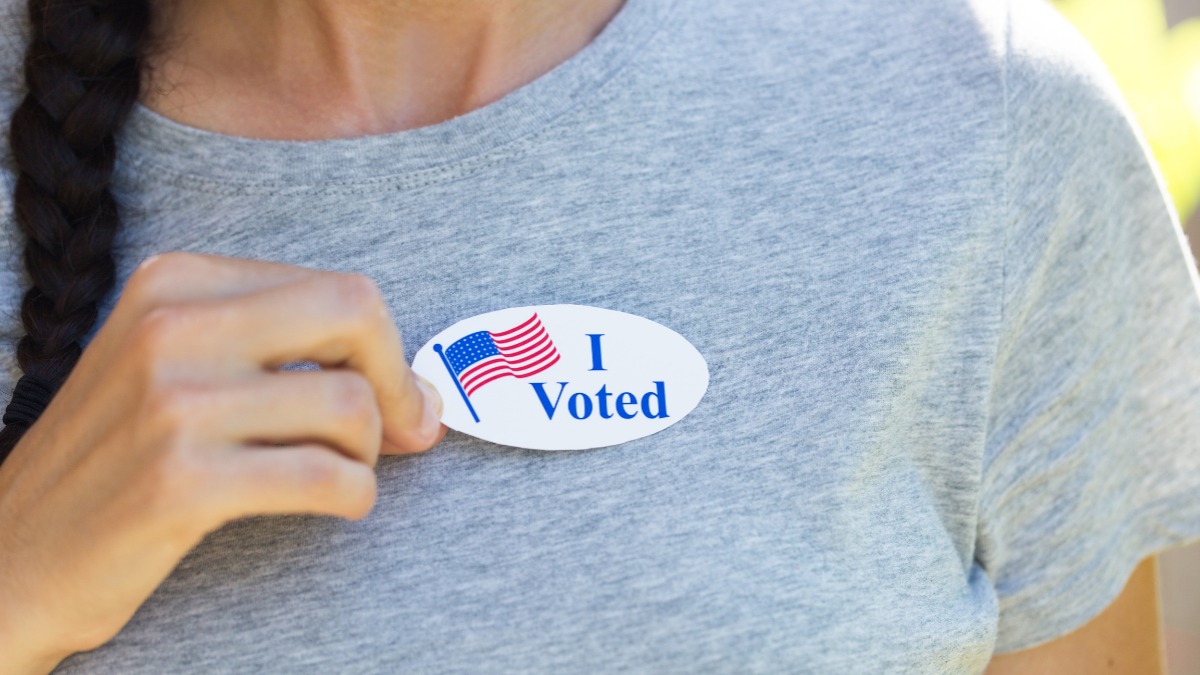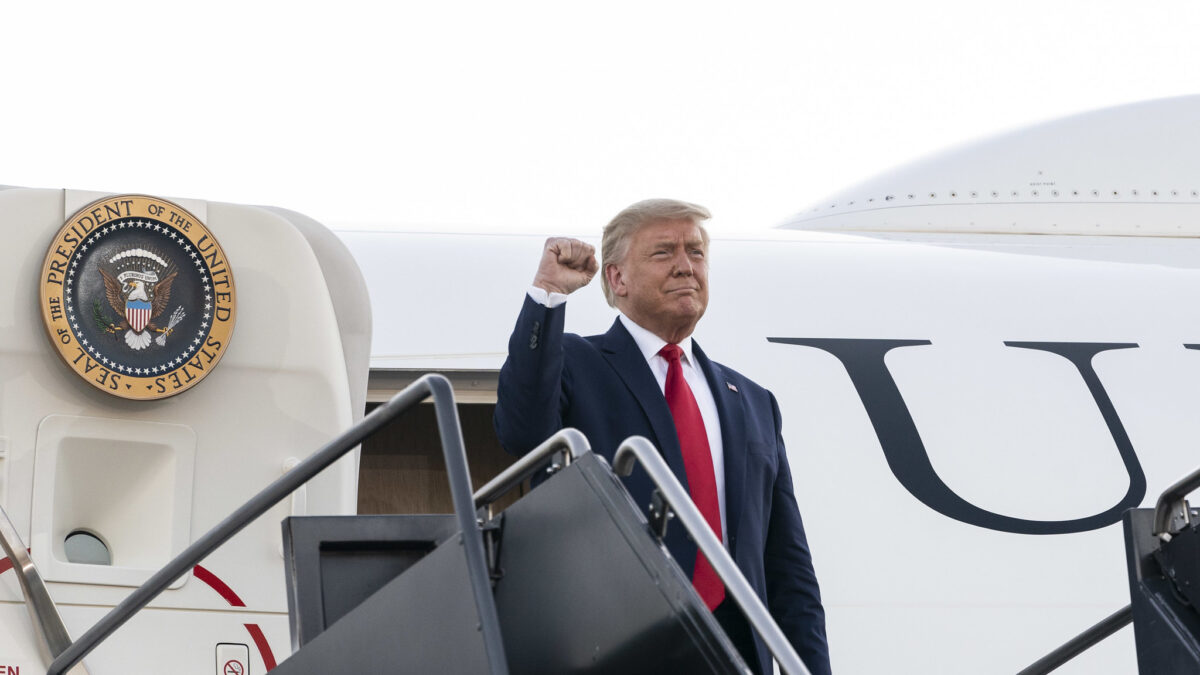Annoy an election official, face a hate crime investigation?
With a government that colludes with social media platforms to suppress Americans’ speech and targets conservatives as “domestic terrorists,” election volunteers are not laughing off the possibility of such retaliation.
Senate Bill 364, which is working its way through Virginia’s Democrat-controlled General Assembly and is set to be heard in subcommittee Monday morning, would take existing criminal statutes that protect Virginians from assault, battery, or damage to property, create a protected class for election officials, and call the same offenses “hate crimes.”
Anyone convicted of such offenses against election officials would be added to the Virginia State Police “hate crime” database.
In addition, language in SB 364 would help social media companies avoid First Amendment challenges if they collude with government actors to restrict speech and suppress dissent. So long as the social media provider acts in “good faith” to “restrict access to” material that it believes is “harassing, or intended to incite hatred on the basis of” a person’s status as an elections official, it would face no tort liability. The bill arrives as major First Amendment cases involving Big Tech collusion with government agencies to suppress speech about Covid, and elections, are before the U.S. Supreme Court.
My repeated calls to Sen. Adam Ebbin, the bill’s sponsor, were not returned.
A ‘Threat Narrative’ Cottage Industry
SB 364 arrives as Democrats around the nation are pushing the narrative, fueled by the hysteria that followed the unrest at the Capitol on Jan. 6, 2021, that conservatives are a threat to democracy at large and election workers in particular.
In a series of show trials, the partisan Jan. 6 Committee used what should have been an investigation into Capitol security failures to paint all Republicans and their concerns about election integrity with the brush of “insurrection.” The committee is now accused of withholding potentially exculpatory evidence, while Republican Reps. Barry Loudermilk and Clay Higgins have attested to video evidence showing law enforcement officers at the Capitol dressed as Trump supporters and egging protesters on.
“The left has created a cottage industry of this false narrative,” said election law attorney and frequent target of the left, Cleta Mitchell. “They can show no evidence of the problems they talk incessantly about. But they use this as a pretext to block and avoid transparency in the election process.”
Virginia already has criminal statutes on its books that protect election workers by imposing felony offenses for criminal threats, intimidation, or other behavior designed to impede the voting process.
Most, if not all, of the news stories that left-leaning publications and legacy media cite to underpin the “threat” narrative about election officials are sourced to a 2021 survey conducted by The Brennan Center, which was repeated in 2022 and again in 2023. The progressive think tank is among the networks funded by leftist billionaire George Soros.
The Brennan survey had a high margin of error, (+/-)6.4 percent, and claimed that “one in three local election officials are concerned about facing harassment or pressure while on the job.”
But that’s not the full picture. Election officials were asked to rate their concerns in order of severity from a preselected list of concerns about the 2020 election. Covid ranked the highest, followed by “pressure to certify results,” followed by “being harassed on the job.” Of the 35 percent who did express concern about harassment, there were only 13 percent who were “very concerned.”
Spinning the Narrative
Despite massive irregularities in 2020 after swing states shifted to mass mail-in ballots with loose controls on validating the ballots, the Brennan survey did not appear to follow up with respondents about why they felt pressure to certify election results.
A 2023 Brennan Center survey revealed that 77 percent of election workers did not know of any colleagues who had left their jobs out of fear of being harassed, and that nearly 90 percent planned to continue their work.
But the “threat” narrative is persistent, even if it relies on distorted data. A study out of the Massachusetts Institute of Technology claimed that “as a result of former President Donald Trump’s harsh tirades against the integrity of American elections, election officials experienced an influx of violent and even criminal threats.” Despite its inflammatory introduction, the survey showed no such causation. It did, however, track an increased number of social media postings by elections officials, and then studied “sentiment” in the negative responses their postings received.
Millions of Americans were furious about the massive irregularities from the 2020 election. Polls show that trust in elections has dropped among voters across political parties.
In the past three years, the Department of Justice has pursued criminal charges against 14 individuals for threats to election officials. None of the DOJ cases involve Virginia residents or election officials.
Poll Watchers Have Reason to Fear Retaliation from Election Workers
It’s not hard to imagine SB 364 being used to target election observers if they raise issues about how elections are being run in Virginia. The use of investigations to intimidate election observers out of their lawful participation in the electoral process is hardly just a hypothetical.
A Wisconsin judge recently threw out a disorderly conduct citation against election lawyer Janet Angus, agreeing that Green Bay city officials “appear to have retaliated” against her after she raised objections to violations of election law she observed in 2022.
The initial fine was overturned, but as The Federalist reported last week, Angus felt the penalty was “nothing” compared to “the reputational damage she faced as a local businesswoman and attorney.” If passed, SB 364 could be used to target poll watchers and other concerned citizens like Angus in Virginia.
“This is the first time I’ve ever heard that they are attempting to expand protected classes of hate crime for enhancement,” said former Justice Department prosecutor J. Christian Adams of the Public Interest Legal Foundation, which litigates election law nationwide. “I never would have dreamed that up as a possibility.”
Adams has experience checking election officials in Virginia who flout the law. PILF sued members of Virginia’s Board of Elections in 2020 over instructions allowing the counting of absentee ballots without postmarks — a violation of state statutes. “Any Virginia official who doesn’t follow election law should expect to get something from Public Interest Legal Foundation,” Adams said. “I love litigating in Virginia when election officials don’t follow the law.”
A spokesman for Republican Gov. Glenn Youngkin, Christian Martinez, would only say that Gov. Youngkin “will review any legislation that comes to his desk.”
